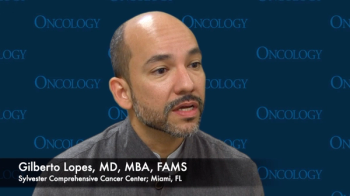
Gilberto Lopes, MD, MBA, FAMS, discussed his presentation about when to stop immunotherapy treatments for patients with lung cancer.

Your AI-Trained Oncology Knowledge Connection!


Gilberto Lopes, MD, MBA, FAMS, discussed his presentation about when to stop immunotherapy treatments for patients with lung cancer.
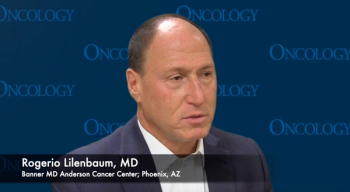
Rogerio Lilenbaum, MD, talked about the state of lung cancer in regards to immunotherapy and targeted therapy at the 17th Annual Winter Lung Conference in Miami Beach, Florida.
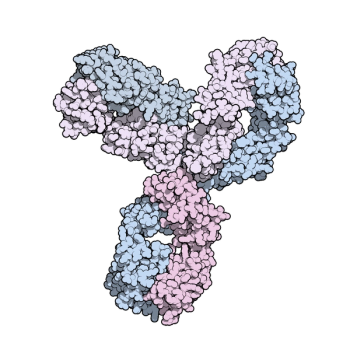
According to the researchers, these data suggest that checkpoint blockade in women with early-stage, high-risk, ERBB2-negative breast cancer is very likely to succeed in a phase III trial.
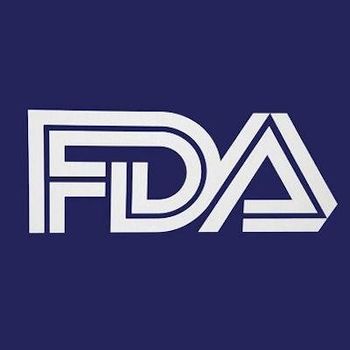
The FDA granted 2 Fast Track designations for ALX148 for the first-line treatment of patients with head and neck squamous cell carcinoma, and for the second-line treatment of patients with HER2-positive gastric or gastroesophageal junction carcinoma.
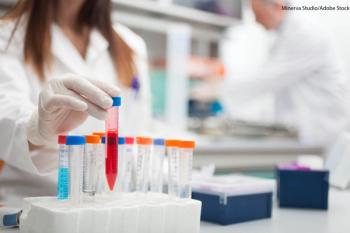
In this study, most clinical combinations including PD-1 or PD-L1 inhibitors demonstrated more clinical activity than the monotherapy activity of the checkpoint inhibitor alone.
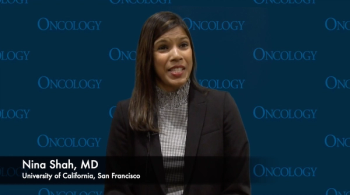
The associate professor of clinical medicine discussed the main side effects of CAR T-cell therapies when treating multiple myeloma, and how to combat them.

Patients with either relapsed or refractory non-Hodgkin lymphoma or chronic lymphocytic leukemia treated with CAR NK cells had a response without the development of cytokine release syndrome, neurotoxicity, or graft-versus-host disease.
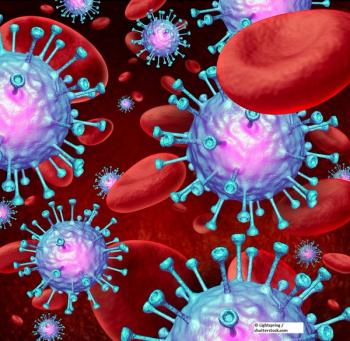
For those with early-stage melanoma, surgery may be the only treatment needed. However, when melanoma has spread beyond the skin, additional treatments before or after surgery may be necessary.

The FDA accepted and granted priority review to the supplemental biologics license application for nivolumab in combination with ipilimumab for the first-line treatment of patients with metastatic or recurrent non-small cell lung cancer.
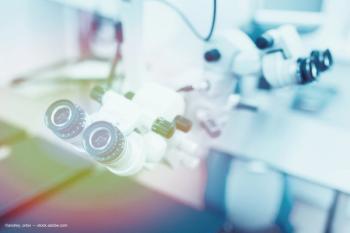
Compared with anti-PD-L1, anti-PD-1 offered a comparable safety profile while also exhibiting favorable survival outcomes in patients with solid tumors.

Bijal D. Shah, MD, discusses the progress made regarding CAR T-cell therapy and mantle cell lymphoma.
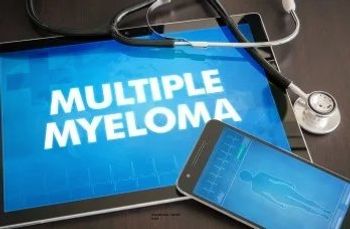
Chimeric antigen receptor T-cell therapy targeting both BCMA and CD38 induced an objective response in >90% of patients with multiple myeloma who had been treated with at least 3 prior therapies and whose disease had spread outside of the bone marrow.

The CAR T-cell therapy axicabtagene ciloleucel induced a median overall survival of 25.8 months for patients with refractory large B-cell lymphoma.

The FDA accepted a supplemental biologics license application and granted a priority review to durvalumab for the treatment of patients with previously untreated extensive-stage small cell lung cancer.

The FDA has granted priority review to a supplemental biologics license application for pembrolizumab for the treatment of patients with BCG-unresponsive, high-risk, non-muscle invasive bladder cancer.

Robert A. Brodsky, MD discussed the study of a first-of-kind multi-antigen targeted off-the-shelf chimeric antigen receptor- natural killer cell therapy with engineered persistence that will be presented at the ASH Annual Meeting & Exposition.
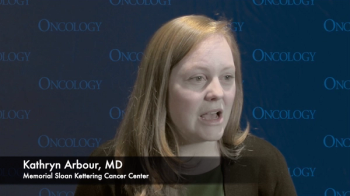
The MSK expert discusses exciting advancements in the field of immunotherapy for treating lung cancer at the Annual New York Lung Cancers Symposium®.
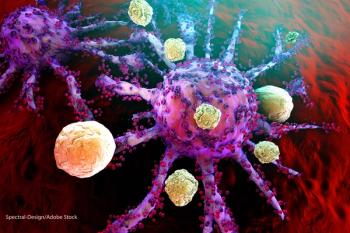
Beth Eaby-Sandy, a nurse practitioner, discussed AEs associated with immunotherapy treatment in patients with lung cancer.
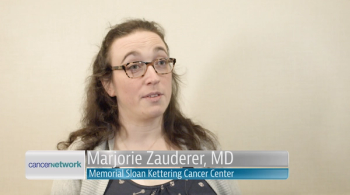
Marjorie Zauderer, MD, from Memorial Sloan Kettering Cancer Center, discussed new immunotherapy approaches at the 34th Annual Meeting & Pre-Conference Programs of the Society for Immunotherapy of Cancer (SITC 2019).
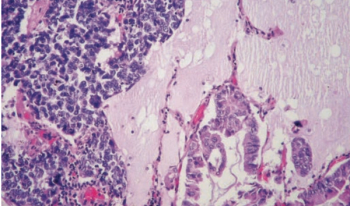
ONCOLOGY recently spoke with Dr. Sandip Patel about a potential novel therapeutic ap- proach to treating patients with neuroendocrine tumors.
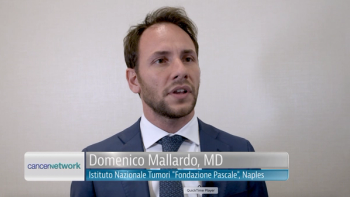
Domenico Mallardo, MD, Istituto Nazionale Tumori "Fondazione Pascale" in Naples, discusses results from his trial – designed to evaluate anti-CTLA4 agents in patients with melanoma who relapsed on treatment with ipilimumab (Yervoy), which was presented at the 34th Annual Meeting & Pre-Conference Programs of the Society for Immunotherapy of Cancer (SITC 2019).
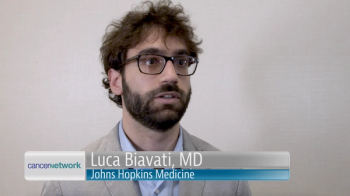
Luca Biavati, MD, from Johns Hopkins Medicine, discussed bone marrow T-cells and bone marrow infiltrating lymphocytes as a source for adoptive cell therapy at the 34th Annual Meeting & Pre-Conference Programs of the Society for Immunotherapy of Cancer (SITC 2019).
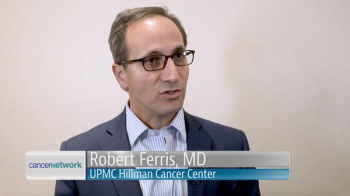
Robert Ferris, MD, from UPMC Hillman Cancer Center, discusses the 34th Annual Meeting & Pre-Conference Programs of the Society for Immunotherapy of Cancer (SITC 2019), and how immunotherapy will continue to transform cancer treatment.
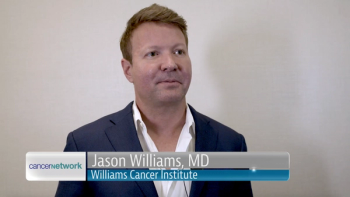
Jason Williams, MD, discusses the development of intratumoral immunotherapy, as well as trial results from his poster presentation at the 34th Annual Meeting & Pre-Conference Programs of the Society for Immunotherapy of Cancer (SITC 2019).
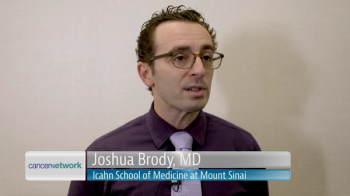
Joshua Brody, MD, discusses the gratification of the crossover between medicine and science at the 34th Annual Meeting & Pre-Conference Programs of the Society for Immunotherapy of Cancer (SITC 2019).